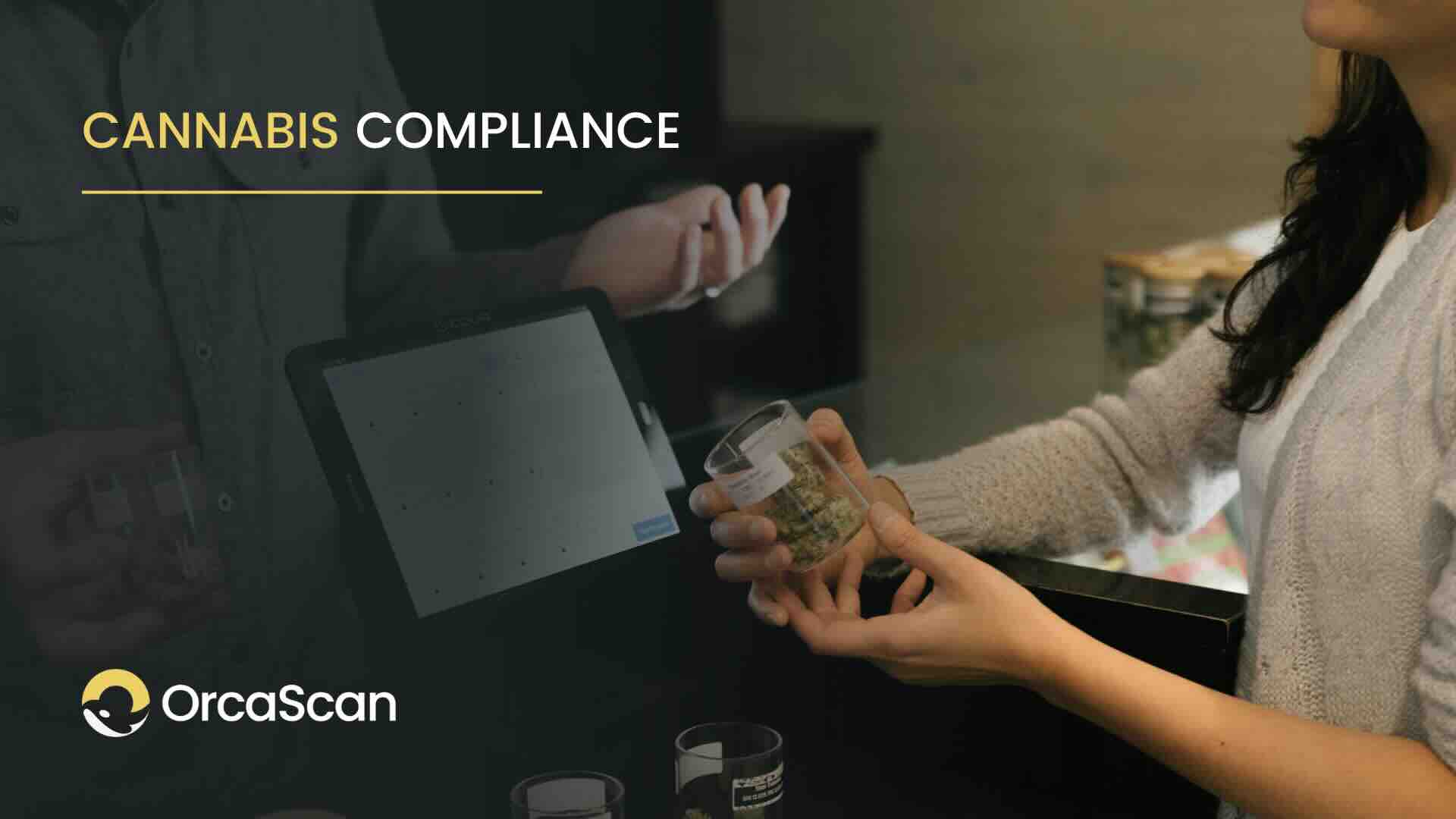
With roots stretching back to 10,000 BC, cannabis has seen a huge shift in global laws with governments looking to balance regulations with access in order to protect, and sometimes restrict, the production, sale and possession of cannabis products.
Over the last 10 years, the legal status of cannabis has changed from state to state. As of 2024, 18 states permit recreational use, while 35 states only allow medical marijuana. With each law passed, there are regulations that must be followed to ensure safety for growers, businesses and customers.
We’ve narrowed down the most important policies that you must follow if you grow, sell or consume cannabis👇
Who are the Regulatory Bodies?
The Food and Drug Administration (FDA) Cannabis Product Committee (CPC) overlook all strategies for cannabis production nationwide, while the Drug Enforcement Administration (DEA) is the federal agency responsible for enforcing substance laws and regulations in the US.
What are statutes, regulations and ordinances?
- Statutes refer to laws written and passed by the legislative body of that state. These apply to the whole state and create basic rules that apply to all residents.
- Regulations are rules that interpret the statute and make it more specific, for example The Department of Cannabis Control (DCC) create regulations that apply to cannabis businesses.
- Ordinances are set by individual counties and cities to create specific rules for the local community. Ordinances can refer to opening times and locations of a business, and when residents can take certain actions (like purchasing cannabis). The ordinances set by a city or county must work alongside statutes or regulations of that state, not against them.
California
California became the first state to allow medicinal cannabis use when voters passed the Compassionate Use Act in 1996. Today, cannabis is legal in California for both medicinal and adult recreational use.
Cannabis compliance as a grower
Commercial cannabis growing is legal in California, but growers are required to meet several bureaucratic standards. For example, commercial growers must obtain an annual license from the California Department of Food and Agriculture, and they must show compliance with the California Environmental Quality Act.
Compliance involves tracking product data efficiently, recording couriers and organisations involved in the supply chain, testing products regularly, and following packaging guidelines. The goal is to make sure growers and consumers are safe and acting inside the law at all times, which will also help the cannabis industry grow responsibly.
Cannabis compliance as a business
The main statute for cannabis businesses is called the Medicinal and Adult Use Cannabis Regulation and Safety Act (MAUCRSA). It sets up the basic framework needed for licensing, oversight and enforcement of cannabis businesses.
Cannabis businesses must also follow the same rules that other businesses in California follow, such as waste disposal and rules on paying taxes.
Furthermore, if you own, work for or want to start a cannabis business, you must understand the regulations set by the The Department of Cannabis Control (DCC). The regulations set by the DCC include:
- A list of documents needed for license applications,
- Rules for running a cannabis business,
- What ingredients can and cannot be used,
- Packaging requirements,
- Testing requirements.
Cannabis compliance as a consumer
Statutes are also in place for consumers using cannabis in California. The Health and Safety Code outlines the rules put in place for cannabis consumers; a few rules include:
- Those under the age 21 cannot buying and use cannabis,
- Weight limits on how much cannabis a person can carry,
- Requirements for the use of medical cannabis
Michigan
The Marijuana Tracking Act (MTA) allows Michigan’s Department of Licensing and Regulatory Affairs (LARA) to establish a statewide online cloud-based medical marijuana monitoring system for cannabis businesses. This system, overseen by LARA, facilitates registry verification, inventory management, and ensures compliance of businesses by monitoring all marijuana transactions. It also tracks business details, dates, quantities, and costs.

The Cannabis Act in Canada
The Cannabis Act refers to the production, possession, distribution and sale of cannabis in Canada. The key aims are to prevent young people from gaining access to cannabis, to protect public health and the safety of growers, businesses and customers, and to reduce criminal activity surrounding the substance.
Each province is responsible for creating and monitoring rules and regulations around the use of cannabis products, to ensure they can reduce illegal market activities.
A few rules set by The Cannabis Act includes:
- Adults can possess up to 30 grams of cannabis
- Adults can grow up to 4 cannabis plants per household
- You must be at least 18 years of age, to purchase and use cannabis
You can read more here.
Why use Orca Scan to track cannabis products?
With Orca Scan’s Cannabis Management Solution you can create a fully configurable solution in both regulated and non-regulated markets in the US (and beyond). As a cannabis grower or business, it is important to track your inventory to stay compliant and legal. Orca Scan’s solution provides a fully customisable process to help you capture specific details, such as Tetrahydrocannabinol (THC) or Cannabidiol (CBD) content, product quantities, expiration dates, stock locations and more, to fit your unique tracking needs.

How to use Orca Scan to track cannabis products?
You can simply and easily track cannabis inventory with Orca Scan’s Cannabis Management Solution. Customise your solution to capture specific details and employ triggers to create custom workflows, boosting the efficiency and accuracy of your operations. Other benefits to our tracking solution include:
- Automatically extract data within GS1 barcodes
- Capture the THC and CBD content to cultivar and cannabis plant harvest date,
- Set and receive alerts for stock thresholds to maintain optimal levels
- Get in-app notifications when an expired product is scanned
Start today 🚀
Get Started Today
If you have any question, we are on hand to make your experience with Orca Scan as simple as possible. Our team is always happy to help, so drop us an email or chat with us live today.
